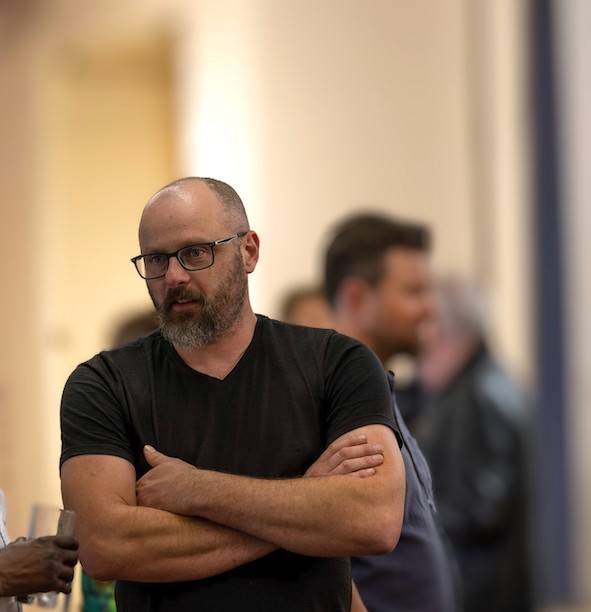Researcher Highlights
Connecting research and practice to explore understandings of equity
Through his role as a Research Fellow within the Centre of Excellence for Equity in Higher Education (CEEHE), Matt has sought a deeper understanding of the problems surrounding equity.

“I think that it is very easy to arrive at superficial understandings of the causes of inequity, which produces quick fixes but ultimately allow inequity and inequality to return”.
Matt is currently engaged in projects which explore ‘absence’ in relation to HE. These projects aim to understand how deeply marginalised communities go missing in equity agendas.
“While equity is concerned with ‘disadvantage’, it often ignores the bigger problem of social-structural inequality, focusing on populations who are in the best position to capitalise on new and expanding opportunities to participate. These make it seem as if equity programs are ‘successful’ while making invisible the deep divides between those who have the means and those that don’t. These issues are explored through work examining social class, rurality, and people who have had experience of out of home care.”
To understand these absences, Matt is also engaged with the politics of knowledge as it relates to equity issues. This includes exploring how the concept of equity is understood and what parameters constitute legitimate and successful equity initiatives.
“Equity initiatives often encourage us to accept the status quo as being inevitable, leaving the onus for change to rest with those who have been historically excluded so that they can ‘fit in’. Research, policy and practice can easily if accidentally, produce the problem it is aimed at ameliorating.”
Matt’s approach to research draws on close and iterative connections with equity practice. These approaches are aimed at producing respective and dialogic understandings of the everyday difficulties of creating equitable higher education, from the development of policy and strategy, supporting students and potential students, and connecting with community and community organisations.
Many of these ideas are explored in the new Graduate Certificate of Professional Equity and Inclusion.
“The aim of the GCPEI is to challenge the conventional understandings of equity. This is an important step in creatively tackling equity issues, and providing a basis for novel and practical means for building policy, strategy and initiatives.”
The University of Newcastle acknowledges the traditional custodians of the lands within our footprint areas: Awabakal, Darkinjung, Biripai, Worimi, Wonnarua, and Eora Nations. We also pay respect to the wisdom of our Elders past and present.